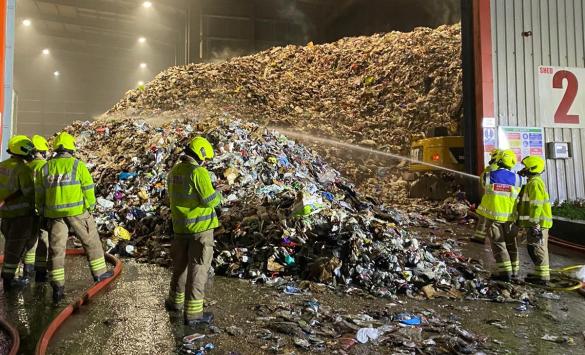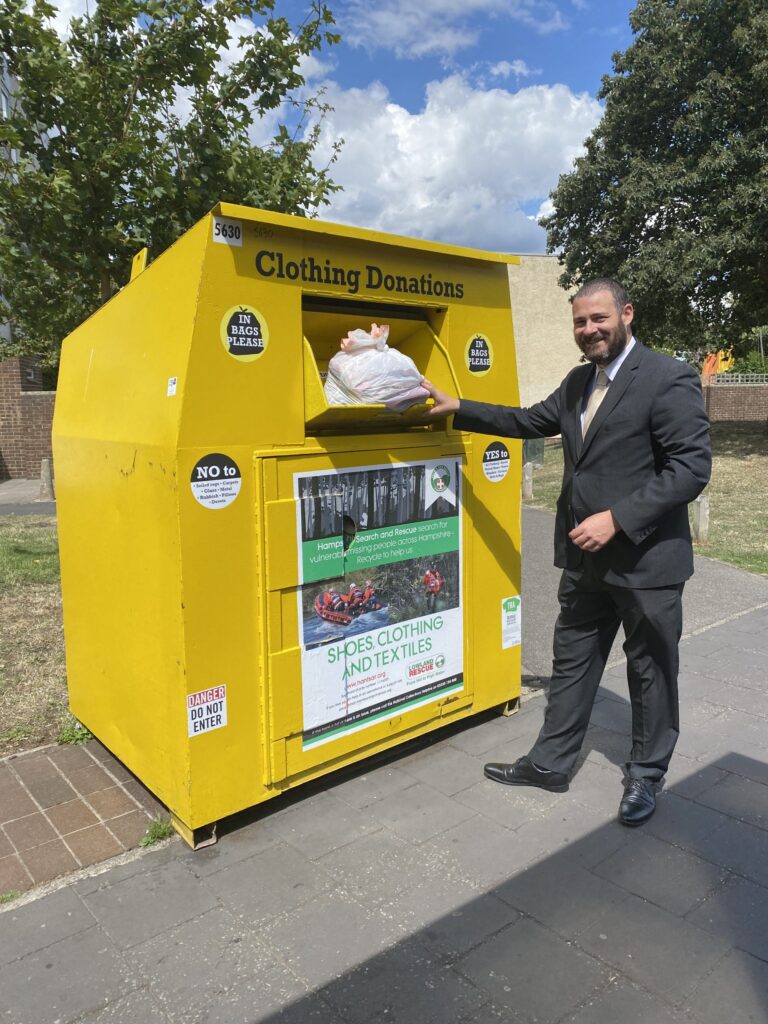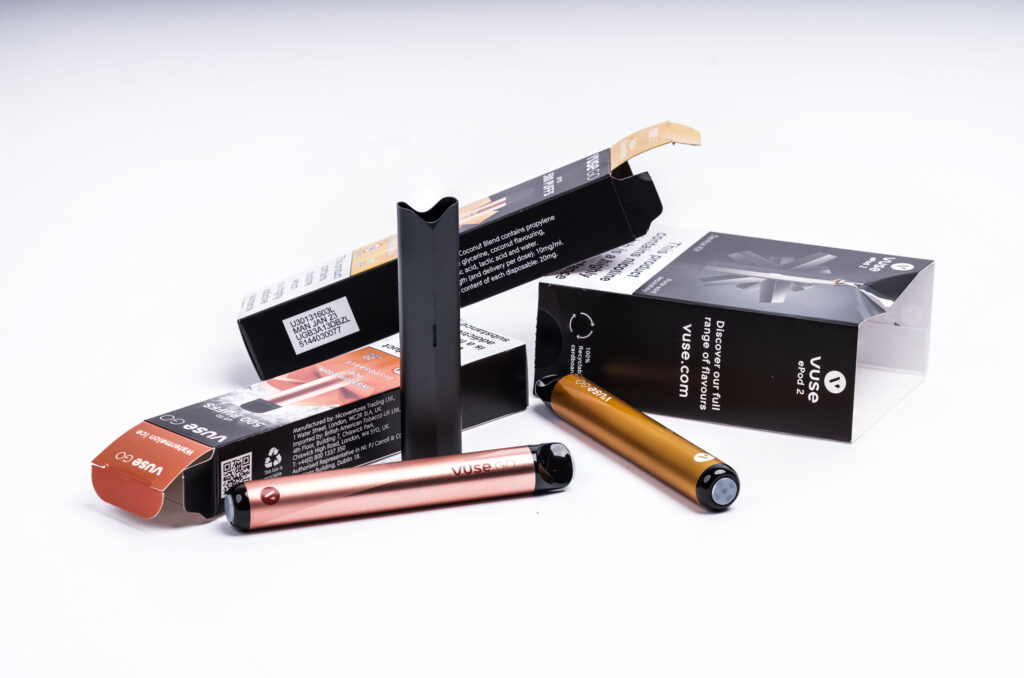Australia and Far East
Giving a report for Australia and the Far East, Kumar Radhakrishnan said that while steel production was down in Korea and Japan, “activity in the construction industry in neighbouring China has been remarkable”.
Mr Radhakrishnan said: “It is estimated that the in the western provinces of China alone, about 20 million tonnes of steel will be consumed this year. Demand for beams, wire rods etc, from a range of sectors including housing, commercial, infrastructure and railways has been very strong.”
And, he pointed to a shift in steel production from blast furnaces to electric arc furnaces (EAF) which is increasing scrap consumption.
“As a result of these and the seasonal slow down in border trade between China and Russia, the number of deep-sea cargoes imported into China from the West has increased recently.”
European market
Reporting to the Convention on the European market, Rolf Willeke of the German trade association, BDSV, described the year 2000 as a “good year for the European steel recycling business”.
He noted that the development of the steel scrap recycling market in Europe this year was “positively influenced by the increase in steel production.”
In Europe, said Mr Willeke, the first eight months of 2000 saw a 7% increase on production rates compared to the previous year. “All EU member states with the exception of Great Britain, Portugal and the Netherlands saw a higher steel production. The strongest increase was in Ireland with 15.2% and Germany with 12.9%.”
Ferrous scrap shipments were good this year, including November, he said.
But, he highlighted the fall in UK steel production, mainly influenced by the strong pound. In July for example, the UK only took in 255,000 tonnes of scrap.
On the pricing front, Mr Willeke said that after a weaker summer period prices rose again. However, looking ahead price increases are not expected over the next few months.
Details about the BIR activities are available at www.bir.org










Subscribe for free